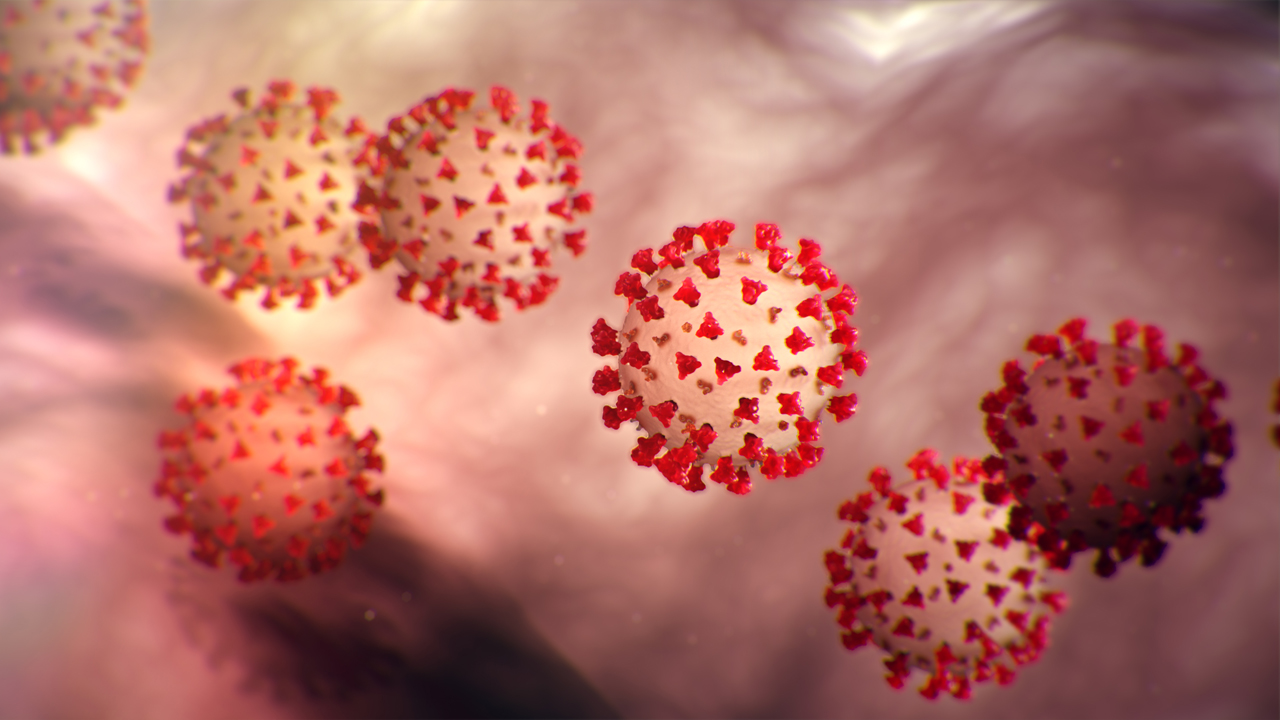Experts say between 100,000 and 240,000 Americans could die from the coronavirus in the coming weeks

Coronavirus photo courtesy CDC
Opinion of Morgan Hill Life
There are some members of our community who believe the COVID-19 pandemic is not a “big deal” and that society is over-reacting because the disease is “no worse a threat than the flu.” The reality is this contagion is indeed a big deal. The next several weeks will be a critical time for America as we face that fact and respond appropriately to this public health crisis.

For those who still do not understand that COVID-19 is a serious threat, we encourage them to consider the chaos right now in New York City. Coronavirus deaths are mounting so quickly there that freezer trucks have been set up as makeshift morgues. Several hospitals have taken the unprecedented step of allowing doctors not to resuscitate people with coronavirus to avoid exposing health-care workers to the highly contagious disease.
Throughout the world and across America, first responders are coming down with COVID-19 through exposure while doing their jobs. If we put at risk these essential workers to the virus and they become ill, that will impact all of us. They might unknowingly become vectors and pass on the virus to patients, family members and friends. And if they become patients themselves at hospitals or other medical facilities, that means there is one less person on the frontlines to combat the pandemic.
It’s important to keep public safety workers and healthcare workers safe from the coronavirus by making sure they have the PPE (personal protective equipment) they need. Unfortunately, too many nurses and doctors start their shifts without face shields and N95 masks. The overwhelming emotional states of our nursing teams, our social service workers, and our supply chain experts in the hospitals is fragile right now. The lack of these essential safeguards proves that America’s healthcare system is broken in so many ways. And the exhaustion and the frustration our nation’s health care workers see at a very personal level because they’re just overwhelmed with patient volumes is reaching a breaking point.
They’re stressed at such high levels that they’re facing feelings of depression, hopelessness and exhaustion. Many are showing the symptoms of burnout because they’re working multiple shifts. They’re facing physical and mental health dangers on behalf of all of us. For many of these workers, the coronavirus truly is the deepest level of despair.
In this time of unprecedented uncertainty, we are seeing many in our community taking action to help the people who have a passion to serve others first. We applaud the Morgan Hill Unified School District opening several classrooms at Barrett Elementary School to serve as childcare centers for first responders and healthcare workers who are parents. The program might serve as a model for other school districts. We encourage community members to help financially support this program by donating to the cause through the Morgan Hill Community Foundation.
There are three ways people can manage themselves in a crisis situation. They can over-react. They can under-react. Or they can respond to the threat at the most appropriate level. The coronavirus crisis has shown all three ways of crisis management — from people overreacting and stocking up excessively on toilet paper and groceries, to people under-reacting and going to the beach when they should be staying at home if they are not an essential workers.
A Kaiser nurse told us that we are going through a serious time in our country battling the coronavirus and health care workers are facing PPE shortages.
“Stay in your home,” she said. “People are dying and the hospitals are overwhelmed. We are given one disposable N95 mask and one face shield per day to use with all COVID patients. The masks and shields are only meant for one usage in an isolation room and then to be thrown away when exiting. We are all afraid of getting sick ourselves. We could use donations of these items.”
She said to give them directly to a doctor or nurse, as management is not allowed to distribute them.
For the sake of our neighbors and the people who must face the daily challenges that have been exerted upon our healthcare system, we encourage you to pay heed to the phrase repeated in recent weeks by medical professionals: “We came to work for you, please stay home for us.” If we wish to honor the courage, faith and purpose they’ve shown at a level that is unequaled in recent history, let us respond to the coronavirus crisis at the appropriate level.






